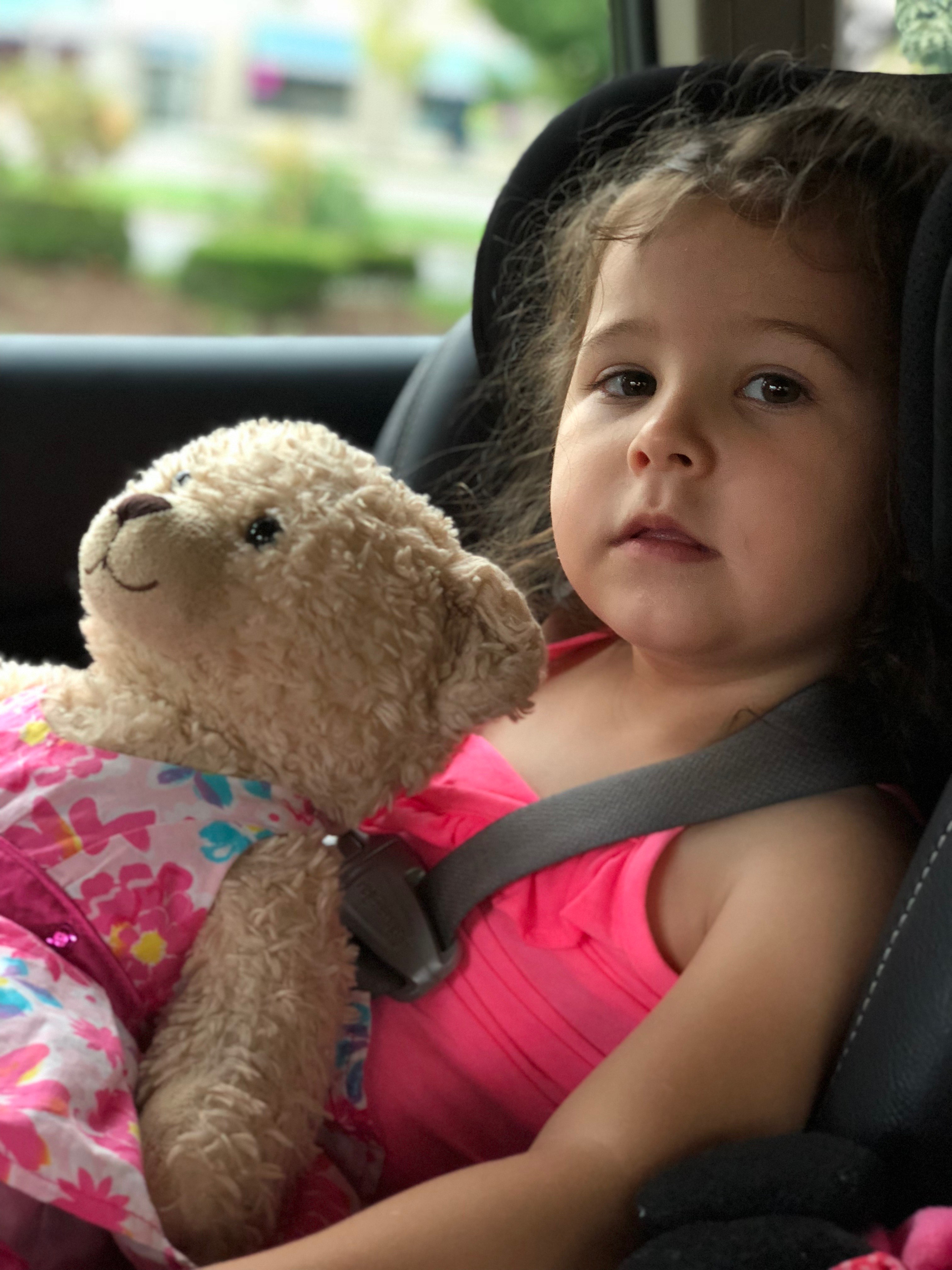“The results have changed Leyla’s life and ours”
When Angelika and her husband Sami were expecting their second child, they received news that shook their world – their baby had suffered a brain bleed in utero and there was a high likelihood that their child would be born with cerebral palsy. When Leyla came into the world, her parents’ fears were confirmed – she had cerebral palsy (CP), a physical disability that affects movement, muscle tone and posture, and impacts 1 in 400 Canadian babies.
What followed were numerous doctors’ appointments. Every option seemed to be discussed or explored. However, the topic of cord blood collection was, sadly, never raised.
Through their research, the couple learned that an emerging area of investigation was the use of cord blood to treat cerebral palsy.
“After Leyla was born, I discovered cord blood banking while reading an online CP support group page. I was really upset that I didn’t know about it earlier.”
Of particular interest was an FDA-approved Expanded Access Program at Duke University Medical Center offering cord blood therapy for children with brain disorders.
Angelika and her family came to realize this lost opportunity – had they stored Leyla’s umbilical cord blood at birth, they could have potentially used it to help treat her CP.
This realization motivated Angelika to share her story – she hopes that her experience will give other parents the chance to make an informed decision during pregnancy and optimize their child’s future potential treatment options.
“Any parent wants to give their child the best chance at life,” says Angelika. “Storing Leyla’s cord blood at birth would have given us an opportunity to help improve her quality of life at an early age.”
Thankfully, when Leyla was 4 years old, the family got another chance – Angelika and Sami welcomed their third daughter, Ela, into the world and decided to store her cord blood through Cells for Life’s Cerebral Palsy Sibling Cord Blood Collection Program.
The siblings were a match, and the family was accepted into Duke’s Expanded Access Program wherein Leyla was infused with her sister Ela’s cord blood.
The outcomes have exceeded their expectations: “After about two months following the stem cell infusion, we started to notice Leyla wouldn’t get tired anymore. Her endurance shocked us – she used to fatigue easily after walking only a few minutes, and activities like going to the park were impossible. Now she is full of energy; we can take her to the grocery store and she doesn’t get tired or rely on a stroller or walker. I’m just blown away with how the cord blood has helped with that.”
The family also noticed a marked improvement in Leyla’s speech: “It was unbelievable,” says Angelika. “When Leyla was younger, her neurologist told us the damage was around her speech centre and she would likely need a communication device. Today, she’s gone from not being able to say “water” to now being able to clearly ask ‘I want water’. The results have changed Leyla’s life and ours.”
Now, the family wants to give back and help educate others about the benefits of collecting and storing cord blood.
“I wish we had known earlier about cord blood banking. Leyla is such a happy and energetic little girl and witnessing her improvements has given us an optimistic outlook for her future. We want all new or expecting parents to be educated and be aware of the option to store cord blood.”

